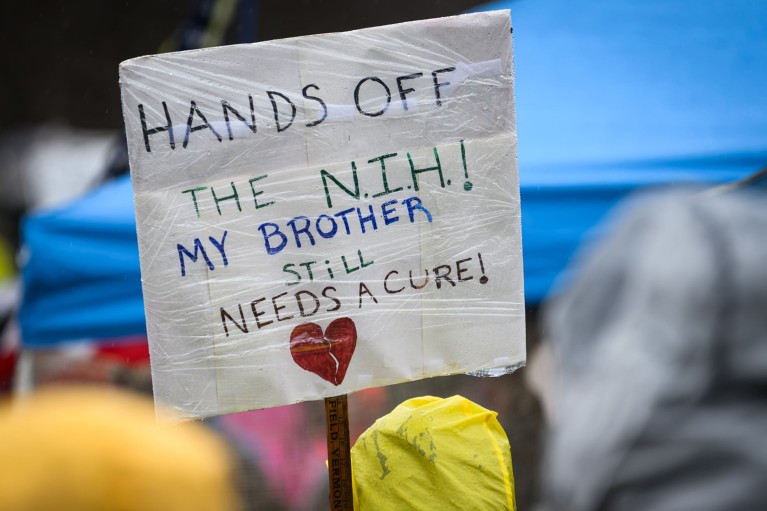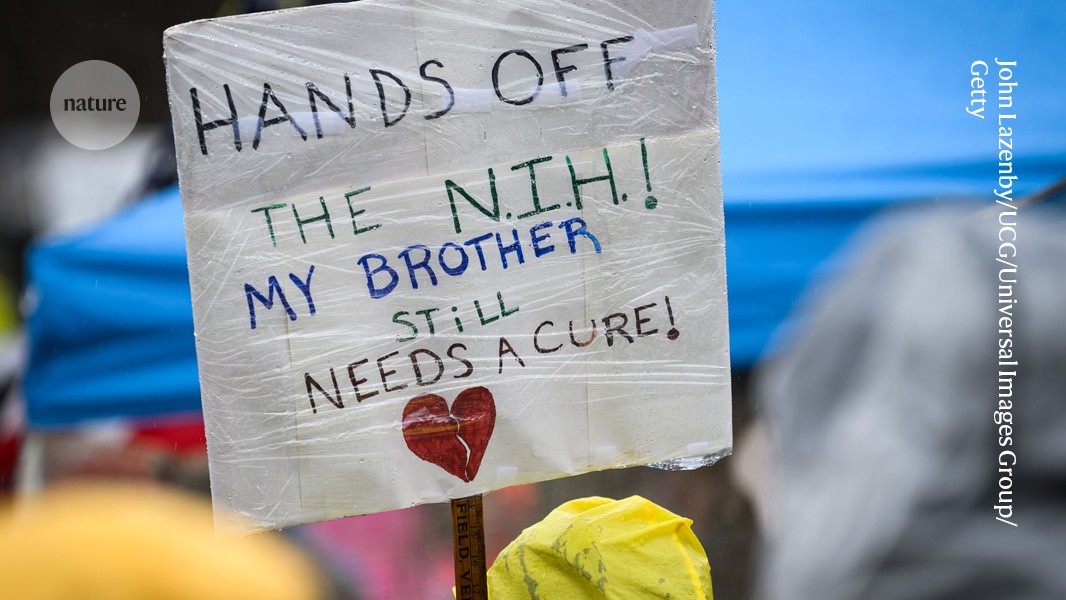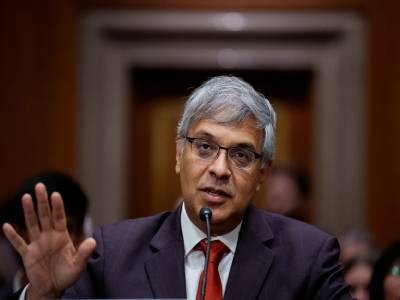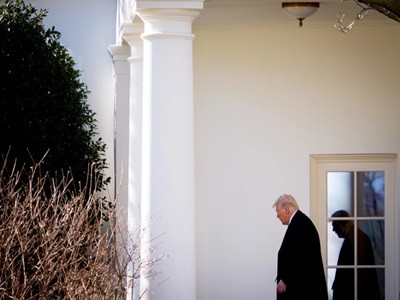
Officials at the US National Institutes of Health terminated grants at the instructions of a cost-cutting unit headed by billionaire Elon Musk.Credit: John Lazenby/UCG/Universal Images Group/Getty
As the US National Institutes of Health (NIH) cuts billions of dollars of research grants and contracts, one entity has emerged as the driving force behind these unprecedented changes — billionaire Elon Musk’s US Department of Government Efficiency (DOGE).
Sworn testimonies from top NIH officials reveal that a DOGE representative directed them to terminate hundreds of specific projects. In addition, since early May, representatives of DOGE, which says that its goal is to cut government spending and regulations, have been screening all NIH awards before they’re released, according to internal correspondence that Nature obtained.
‘One of the darkest days’: NIH purges agency leadership amid mass layoffs
That an outside entity such as DOGE has usurped the decision-making power of the NIH, the world’s largest public funder of biomedical research, is a flagrant example of political interference in the scientific process, says Gretchen Goldman, president of the Union of Concerned Scientists, an advocacy group based in Cambridge, Massachusetts. “This is not how we do science,” Goldman says. “It sets a dangerous precedent having random officials, who have not tended to have subject-matter expertise, in the grant-giving process.”
Spokespeople for the NIH’s parent agency, the US Department of Health and Human Services, and the White House acknowledged DOGE’s involvement in funding: “Paying so-called ‘experts’ to deliberate bad ideas for hundreds of hours is exactly the kind of waste that DOGE is eliminating,” White House spokesperson Kush Desai told Nature in a statement.
Banned science
The administration of US President Donald Trump, a Republican, has purged more than 1,500 NIH-funded studies on topics that it deems problematic, ranging from COVID-19 to misinformation, continuously expanding its list to include nearly every grant to researchers at certain institutions such as Harvard University in Cambridge, Massachusetts. Thousands of scientists funded by the NIH have been forced to halt their work after receiving notices that their research “no longer effectuates agency priorities”.
Asked about these cuts in an interview with the journal Science, NIH director Jayanta Bhattacharya responded, “I don’t personally review grant lines and say, ‘I cancel this grant. Don’t cancel that grant.’ … There’s a process.”
Trump proposes unprecedented budget cuts to US science
That process was revealed after four US states filed a lawsuit against the federal government over the cancellation of funds for gender-affirming care and related NIH research. In the resulting depositions, top NIH officials said that a representative of DOGE, Rachel Riley, provided the officials with at least five lists of specific grants to cancel.
Among those testifying was Liza Bundesen, who led the agency’s US$37-billion extramural arm, which funds scientific projects at research institutions and universities across the country. She testified in early April that she’d never heard of Riley until the DOGE official instructed Bundesen on 28 February to terminate hundreds of grants that same day. (Bundesen left the agency after less than three weeks in her role in part because she was often given directives to implement with very short turnaround times — sometimes within the hour, she testified.)
For example, Riley directed NIH officials to terminate research on gender identity and to tell grantees that such studies are “unscientific, have little identifiable return on investment and do nothing to enhance the health of many Americans”. Trump administration officials did not respond to Nature’s queries on Riley’s role.
Extraordinary interference
The US Congress mandates that the NIH solicit scientific and technical advice by conducting peer review of all projects being considered for funding, but there is no such requirement for terminating projects. That’s in part because the agency had cancelled only a handful of projects before 2025 — typically for fraud or other misconduct.
“We have never, ever, had any political interference like this,” says a long-time NIH programme official, who requested anonymity because they were not authorized to speak to the press. “It means we’re not doing science — we’re doing politics, and we’re engaging in censorship.”




